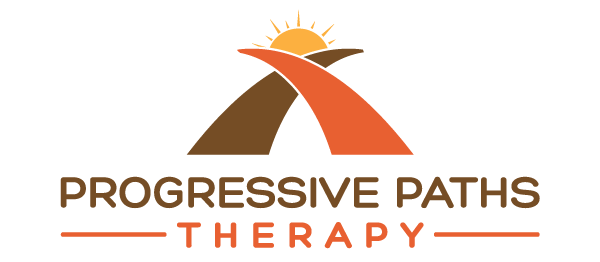Cognitive Behavioral Therapy, or CBT, is a short-term, problem-focused form of behavioral treatment that helps people see the difference between beliefs, thoughts and feelings, and free them from unhelpful patterns of behavior.
CBT is grounded in the belief that it is a person’s perception of events – rather than the events themselves – that determines how s/he will feel and act in response.
CBT can help with:
- Depression
- Anxiety
- Panic attacks
- Phobias
- Obsessive thinking and Obsessive Compulsive Disorder (OCD)
- Post-traumatic stress disorder (PTSD)
- Substance dependency
- Persistent pain
- Disordered eating
- Sexual issues
- Anger management issues
Most people with clearly defined behavioral and emotional concerns tend to reap the benefits of CBT. With CBT, you’ll be able to adjust the thoughts that directly influence your emotions and behavior. This adjustment process is referred to as cognitive reconstructing, which happens through different CBT techniques.
Some CBT techniques are:
- Journaling
- Identifying thinking errors and core negative beliefs
- Challenging unhelpful and irrational beliefs
- Tracking thoughts, emotions, and moods
- Breathing and relaxation exercises
- Meditation and Mindfulness
- Social reaching out and involvement exercises
- Using various apps designed to help you do all of this
Cognitive behavioral therapy is much more than sitting and talking about whatever comes to mind during a session. CBT sessions are structured to ensure that the therapist and the person in treatment are focused on the different goals of each session, which in turn ensures that each and every session is productive.
All of us at Progressive Paths Therapy have various training and experience in using CBT as a main standard of individual therapy.

